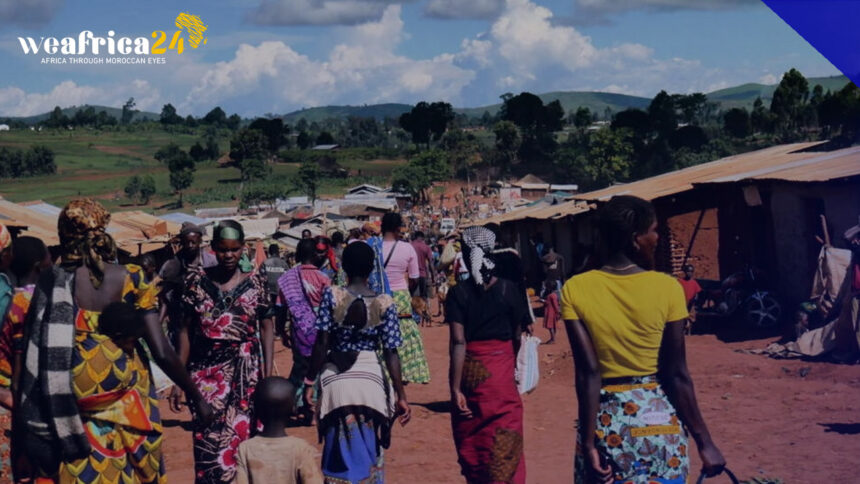The Allied Democratic Forces (ADF) have released approximately forty hostages in the eastern region of Ituri in the Democratic Republic of Congo (DRC).
Local civil society organizations in the territory of Mambasa made the announcement, revealing that the majority of these hostages had been abducted by the militia in June. Among those held were mainly peasant families who were taken while tending to their fields.
The hostages were discovered and subsequently managed to escape during clashes in the Mayuwano forest, situated approximately twenty kilometers south of Mambasa. While relieved to have regained their freedom, the psychological impact of their ordeal is profound.
Marie-Noël Anatone, the coordinator of civil society, emphasized the lasting trauma that the hostages experienced and recounted how horrific it was to witness family members being beheaded. She highlighted the lack of resources and support systems available to aid their recovery and urged for immediate intervention from both civil society and government authorities.
Civil Society Organizations and Government Struggle to Support Hostages
The army’s account of the situation differs slightly, stating that military operations led to the release of 23 individuals. Lieutenant Jules Ngongo, the army spokesman in Ituri, highlighted the ADF’s tactic of using hostages as human shields and their exploitation of ideology to recruit new fighters, particularly women who often face sexual slavery.
Ngongo further clarified that the ADF did not demand a ransom for the release of the captives. Despite the recent release, the army acknowledges that there are still unknown numbers of hostages in the custody of the ADF.
The plight of these hostages brings attention to the pressing need for comprehensive support mechanisms to address their physical and psychological well-being. Civil society organizations, lacking the necessary means to provide adequate care, are unable to meet the demands of the situation. Similarly, the government and local authorities have yet to establish effective measures to protect and assist these individuals.







